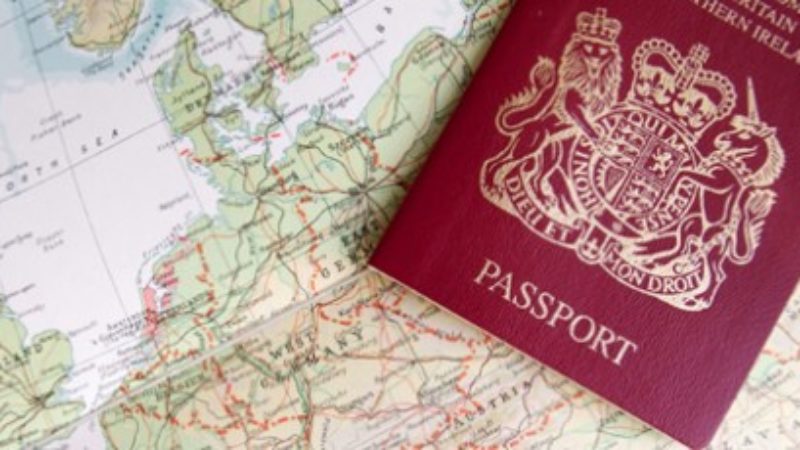
Three quarters want fewer foreigners. Disillusioned voters have flocked to the radical right. The Government and Commission are at war over the free movement of labour. An EU exit is a real possibility. In case you haven’t noticed, immigration is back on the agenda.

And that means Labour, to stand a chance of winning in May, must present credible immigration policies to voters over the next seven months – not an easy task considering research has shown immigration may have cost the party more votes than the economy in 2010. Miliband has hinted, among other things, a Labour government could curb migrant benefits and restrict firms from exclusively hiring overseas workers. Ukip’s European election victory and David Cameron’s ongoing battle with Brussels may tempt Miliband to adopt more tough-for-the-sake-of-it policies, particularly given the party’s threadbare poll lead.
However, chasing the Tories would be counterproductive for three reasons. First, a significant hardening of Labour immigration policy may appear disingenuous. After all, it was under Blair and Brown that immigration soared – due the asylum boom in the late 1990s and the later decision to grant citizens of the 2004 A8 accession states early access to the British labour market. If the party takes a Tory stance in 2015, after overseeing 13 years of mass immigration, would voters buy it?
Second, it seems unlikely the party will win support from voters for whom immigration is the pressing concern. Analysis of British Election Study 2010 post-election internet survey (which had a sample of over 13,000) data shows, out of those who ranked immigration as the ‘most important issue’ facing Britain, only one in five voted Labour; 43% and 11% voted Tory and Ukip respectively.
Third, and most importantly, the Tories’ approach to immigration since 2010 is simply bad policy. While a majority favour a general reduction in immigration, most voters are also pragmatists who welcome highly-skilled migrant groups perceived to contribute positively to the British economy. It is these groups- students, doctors, scientists and professionals from outside the EU – who are being targeted by the Coalition as they chase an arbitrary cut in migrant numbers.
Labour instead must develop distinct, progressive immigration policies that appeal to pragmatic voters but also address legitimate economic concerns over mass migration. But how can the party, given its record, be credible on immigration?
A starting point could be to take inspiration from other European centre-left or socialist parties who have also dealt with rising anti-immigration sentiments. For the 2012 French Presidential election, François Hollande, rather than propose an arbitrary cap on non-EU migration, vowed to work with employers to determine how many migrants were needed in the French labour market (I am not suggesting Hollande’s immigration position solely won him the election, nor am I ignoring his rightwards drift since his election; but his position did set him apart from Sarkozy and the National Front).
The Dutch Socialist Party, who maintained their support at the last general election while the far-right vote dropped, proposes more radical solutions. While it believes the free movement of labour is detrimental to working-class wages, the party also argues for EU funds to be reallocated towards poorer member states to develop their economies and reduce incentives for economic migration. I disagree with restrictions on free movement; but I see potential in Labour promoting foreign economic development as a means of reducing immigration naturally long-term, rather than unworkable quota systems designed mainly for electoral purposes.
The lesson to take from these European cases is that immigration policy is not standalone: it must be linked intrinsically with economic policy. Voters are hostile to low-skilled immigration – in other words, immigration that can undercut working-class wages – but they are also increasingly likely to think immigration is generally good for the economy. Labour should focus on improving voters’ financial situations rather than demonstrating their (unconvincing) anti-immigration credentials. So, a living wage, fairer taxes, more job opportunities, lower energy bills, lower train fares: these should be as much a part of Labour’s immigration policy as the number of foreigners entering the country. Let’s import some European pragmatism into our policymaking and leave the small-islanders to their devices.
Kenny Stevenson is a PhD researcher at the University of Strathclyde studying British immigration policy and public opinion. He is a member of Glasgow Cathcart CLP.




More from LabourList
‘Tackling poverty should be the legacy of Keir Starmer’s government’
‘The High Court judgment brings more uncertainty for the trans community’
‘There are good and bad businesses. Labour needs to be able to explain the difference’